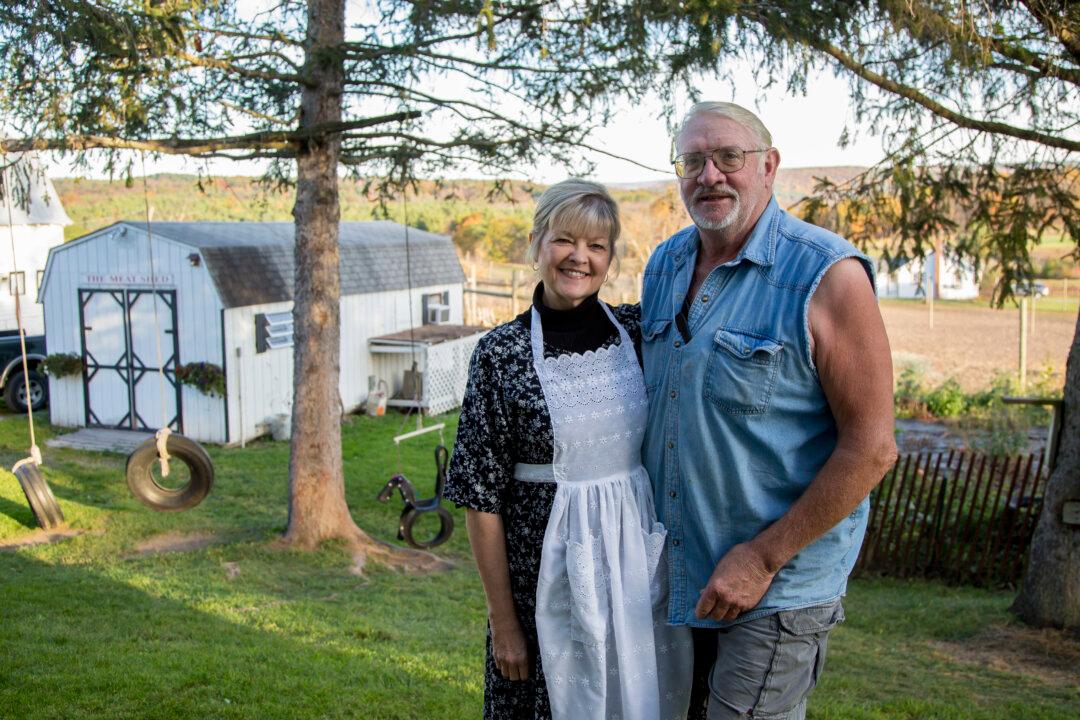Drive a few hours north of gray New York City and you'll find yourself surrounded by the deep greens and blues of the Catskills. And here, surrounded by the mountains, is Hull-O Farms.
The Hulls run a seven-generation, 240-year-old family farm, one that welcomes visitors from as far away as South Africa and Hong Kong.






